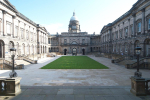Media
-
 M&S resumes online orders six weeks after cyberattack
Marks & Spencer has reopened its website for online orders, six weeks after a major cyberattack forced the retailer to suspend its digital operations.10 June 2025Read More...
M&S resumes online orders six weeks after cyberattack
Marks & Spencer has reopened its website for online orders, six weeks after a major cyberattack forced the retailer to suspend its digital operations.10 June 2025Read More... -
 Restaurant asks Tommy Robinson to leave after staff express discomfort
Stephen Yaxley-Lennon, widely known as Tommy Robinson, was asked to leave a Hawksmoor restaurant in London after staff and diners reportedly felt uneasy about his presence.07 June 2025Read More...
Restaurant asks Tommy Robinson to leave after staff express discomfort
Stephen Yaxley-Lennon, widely known as Tommy Robinson, was asked to leave a Hawksmoor restaurant in London after staff and diners reportedly felt uneasy about his presence.07 June 2025Read More... -
 Zia Yusuf resigns as Reform UK chairman amid party turmoil
Zia Yusuf has stepped down as chairman of Reform UK, stating that pushing to elect a Reform government is no longer "a good use of my time."05 June 2025Read More...
Zia Yusuf resigns as Reform UK chairman amid party turmoil
Zia Yusuf has stepped down as chairman of Reform UK, stating that pushing to elect a Reform government is no longer "a good use of my time."05 June 2025Read More... -
 OnlyFans in talks for $8 billion sale, led by Forest Road investment group
OnlyFans, the adult content subscription platform, may soon change hands in a major deal. Its parent company, Fenix International Ltd., is reportedly in advanced discussions to sell the25 May 2025Read More...
OnlyFans in talks for $8 billion sale, led by Forest Road investment group
OnlyFans, the adult content subscription platform, may soon change hands in a major deal. Its parent company, Fenix International Ltd., is reportedly in advanced discussions to sell the25 May 2025Read More...

Culture
-
 Pulp score first UK number one album in 27 years with more
Indie rock legends Pulp have returned to the top of the UK album charts for the first time in nearly three decades, with their latest release More debuting at number one, according to theRead More...
Pulp score first UK number one album in 27 years with more
Indie rock legends Pulp have returned to the top of the UK album charts for the first time in nearly three decades, with their latest release More debuting at number one, according to theRead More... -
 Jonathan Anderson named creative director for both men's and women's collections at Dior
Jonathan Anderson, the celebrated Northern Irish designer, has been appointed creative director of both the men’s and women’s collections at Dior — marking a historic first for the FrenchRead More...
Jonathan Anderson named creative director for both men's and women's collections at Dior
Jonathan Anderson, the celebrated Northern Irish designer, has been appointed creative director of both the men’s and women’s collections at Dior — marking a historic first for the FrenchRead More... -
 King Charles to make history with new Canadian throne
When King Charles delivers the Speech from the Throne on Parliament Hill, he’ll mark a historic milestone: he will be the first reigning monarch to sit on Canada’s newly crafted throne.Read More...
King Charles to make history with new Canadian throne
When King Charles delivers the Speech from the Throne on Parliament Hill, he’ll mark a historic milestone: he will be the first reigning monarch to sit on Canada’s newly crafted throne.Read More... -
 Animal welfare rules in British zoos undergo major overhaul
Zoos and aquariums across Great Britain are set to implement sweeping changes under new animal welfare standards aimed at improving the lives of animals and reinforcing the UK’sRead More...
Animal welfare rules in British zoos undergo major overhaul
Zoos and aquariums across Great Britain are set to implement sweeping changes under new animal welfare standards aimed at improving the lives of animals and reinforcing the UK’sRead More... -
 Royals and Beckham companions take center stage at Chelsea Flower Show
The Chelsea Flower Show opened on Monday with a star-studded lineup and an unexpected spotlight on dogs.Read More...
Royals and Beckham companions take center stage at Chelsea Flower Show
The Chelsea Flower Show opened on Monday with a star-studded lineup and an unexpected spotlight on dogs.Read More... -
 Top food experts join government effort to champion British food
21 March – Leading figures from across the UK food system have joined forces with the Government to shape a national food strategy aimed at restoring pride in British food and improvingRead More...
Top food experts join government effort to champion British food
21 March – Leading figures from across the UK food system have joined forces with the Government to shape a national food strategy aimed at restoring pride in British food and improvingRead More... -
 Eurovision 2025: Austria clinches victory in dramatic finale as UK lands 19th
Austria emerged victorious at the 2025 Eurovision Song Contest in Basel, Switzerland, after a dramatic last-minute voting twist that saw singer JJ leapfrog Israel to claim the crown.Read More...
Eurovision 2025: Austria clinches victory in dramatic finale as UK lands 19th
Austria emerged victorious at the 2025 Eurovision Song Contest in Basel, Switzerland, after a dramatic last-minute voting twist that saw singer JJ leapfrog Israel to claim the crown.Read More... -
 Elton John slams UK government over AI copyright proposal
Elton John has strongly criticized the UK government's plan to let tech companies use music and other creative content to train artificial intelligence without guaranteeing fair compensation forRead More...
Elton John slams UK government over AI copyright proposal
Elton John has strongly criticized the UK government's plan to let tech companies use music and other creative content to train artificial intelligence without guaranteeing fair compensation forRead More... -
 Chris Brown charged in London nightclub incident
Singer Chris Brown has been charged with grievous bodily harm following a 2023 bottle attack in a Mayfair nightclub, according to Metro News at 01:10 CEST on May 16, 2025. The incident,Read More...
Chris Brown charged in London nightclub incident
Singer Chris Brown has been charged with grievous bodily harm following a 2023 bottle attack in a Mayfair nightclub, according to Metro News at 01:10 CEST on May 16, 2025. The incident,Read More... -
 Peckham Fringe kicks off with community focus
The Peckham Fringe, a vibrant celebration of local art and culture, launched its fourth season this morning, May 15, 2025, drawing crowds to South London’s creative hub. The festival, runningRead More...
Peckham Fringe kicks off with community focus
The Peckham Fringe, a vibrant celebration of local art and culture, launched its fourth season this morning, May 15, 2025, drawing crowds to South London’s creative hub. The festival, runningRead More... -
 Melbourne council removes vandalised Captain Cook monument
A long-targeted statue of British explorer Captain James Cook will not return to a Melbourne park after the local government decided it’s no longer worth the cost of repeated repairs.Read More...
Melbourne council removes vandalised Captain Cook monument
A long-targeted statue of British explorer Captain James Cook will not return to a Melbourne park after the local government decided it’s no longer worth the cost of repeated repairs.Read More... -
 Metro’s grassroots music Tube map celebrates London’s cultural scene
Metro unveiled a special Tube map celebrating London’s grassroots music scene, spotlighting iconic venues and artists. Launched five hours ago as part of TfL’s 25th anniversary, the project,Read More...
Metro’s grassroots music Tube map celebrates London’s cultural scene
Metro unveiled a special Tube map celebrating London’s grassroots music scene, spotlighting iconic venues and artists. Launched five hours ago as part of TfL’s 25th anniversary, the project,Read More... -
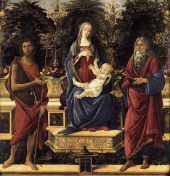 Export bar placed on £10.2 million Botticelli painting to keep it in the UK
A temporary export bar has been imposed on a rare painting by Italian Renaissance master Sandro Botticelli, currently at risk of leaving the UK. Valued at £10.2 million, the painting,Read More...
Export bar placed on £10.2 million Botticelli painting to keep it in the UK
A temporary export bar has been imposed on a rare painting by Italian Renaissance master Sandro Botticelli, currently at risk of leaving the UK. Valued at £10.2 million, the painting,Read More...

British Queen celebrates
Most Read
- Teen held after US woman killed in London stabbings
- Heave-ho Harry! Prince prepares to join the walking wounded in ice trek to North Pole
- Football: Farhad Moshiri adamant Everton deal above board
- "Master of English Style". Interview with Designer Lydia Dart
- Letter to the Financial Times from Lord Mayor Alderman Michael Bear
Education

British schools close indefinitely on Friday as part of tougher government measures to stem the coronavirus pandemic, following similar shutdowns in Europe and across the world.

Can a single COVID-19 patient infect dozens of others? Although transmission rates in the current outbreak appear to be far lower, a variety of factors can lead to an individual infecting many.
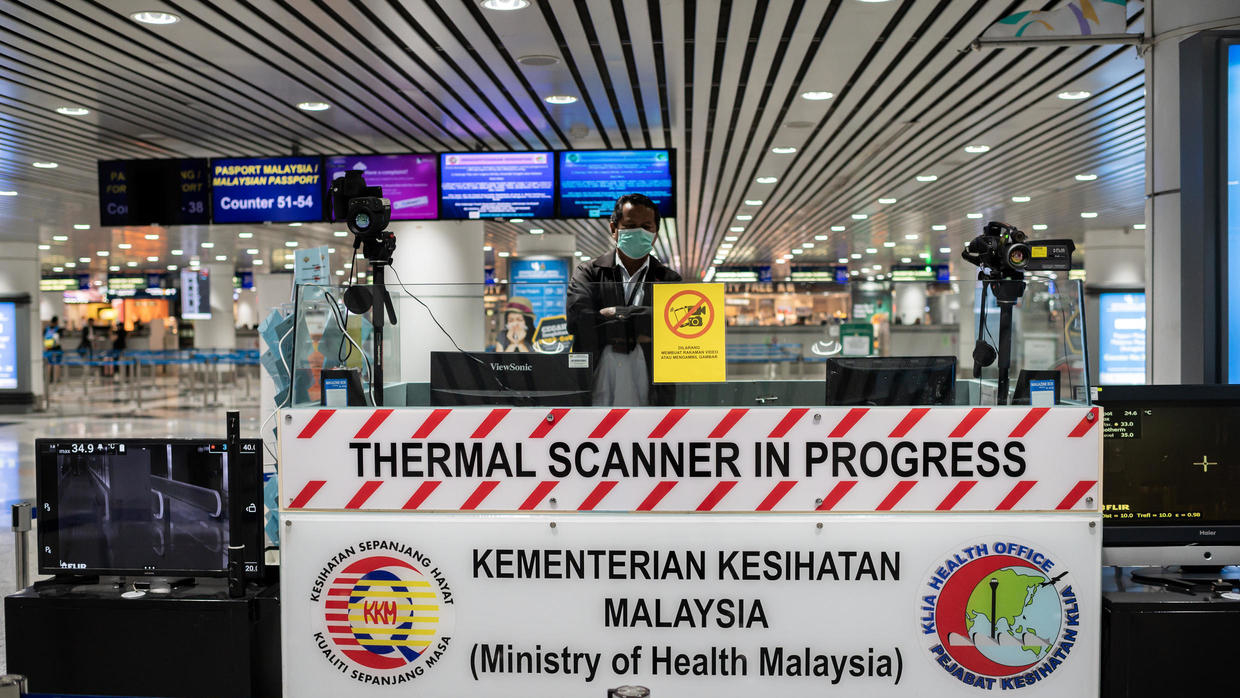
Malaysia said Sunday that more than half the country's 428 coronavirus cases were linked to an international Islamic gathering held last month.

At least six US states have ordered schools to close in an attempt to curb the spread of the new coronavirus which has infected more than 1,660 people across the country.
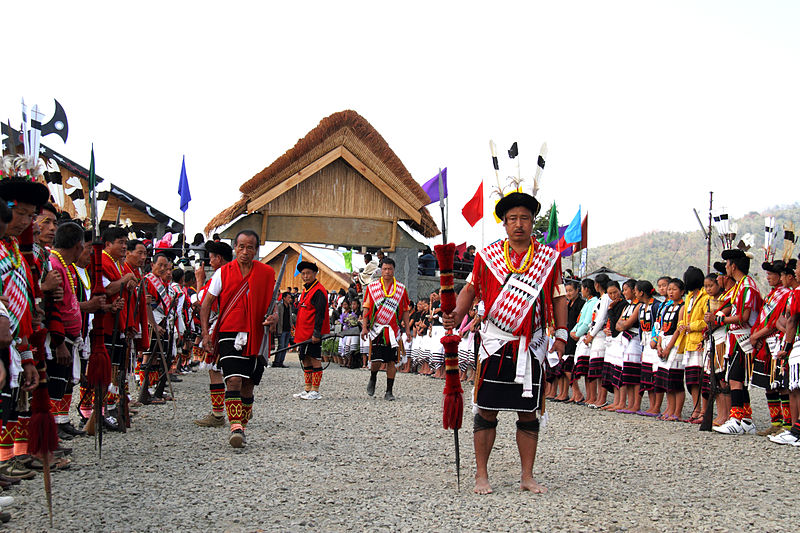
With Malaria and tuberculosis screening out front and sacrifices to jungle gods out back, health worker Htan Pi and her shaman mother are an unlikely double-act in their isolated Myanmar
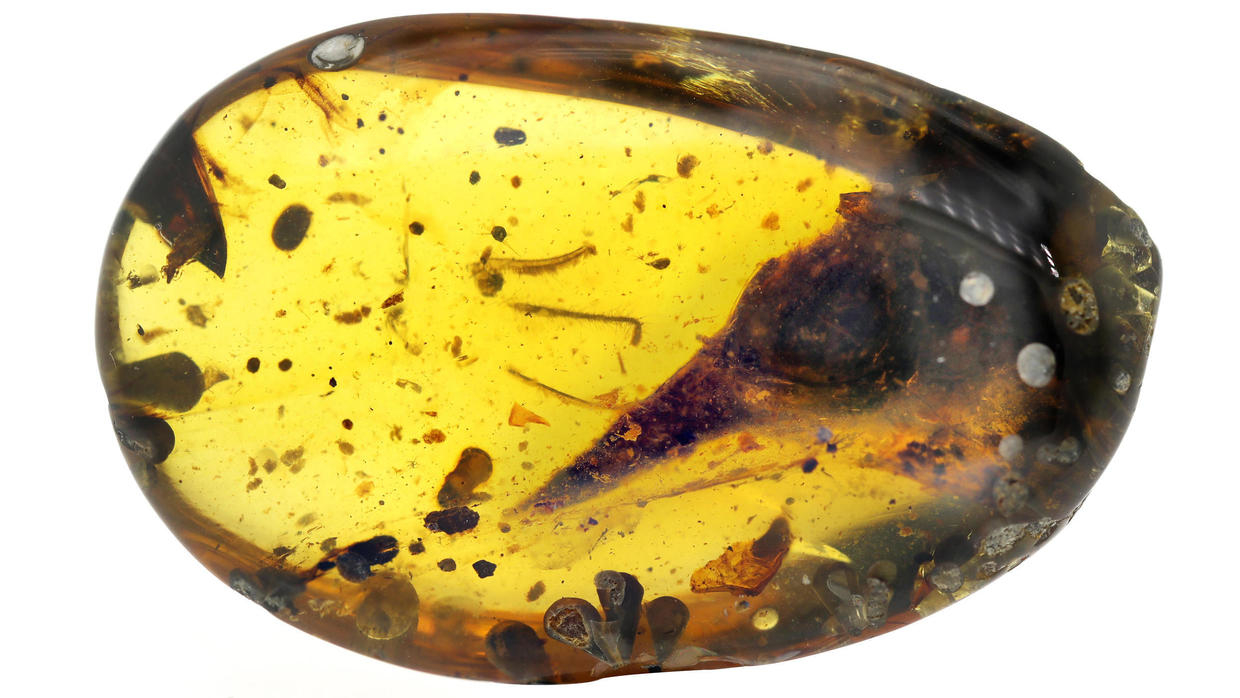
Tinier than the teeniest bird, older than T-Rex and perfectly preserved for eternity: scientists have identified a 100-million-year-old flying dinosaur encased in amber that may be the smallest

Major American universities -- including Harvard, Princeton and Columbia -- have been forced to cancel classes because of the coronavirus and move lessons online, affecting tens of thousands
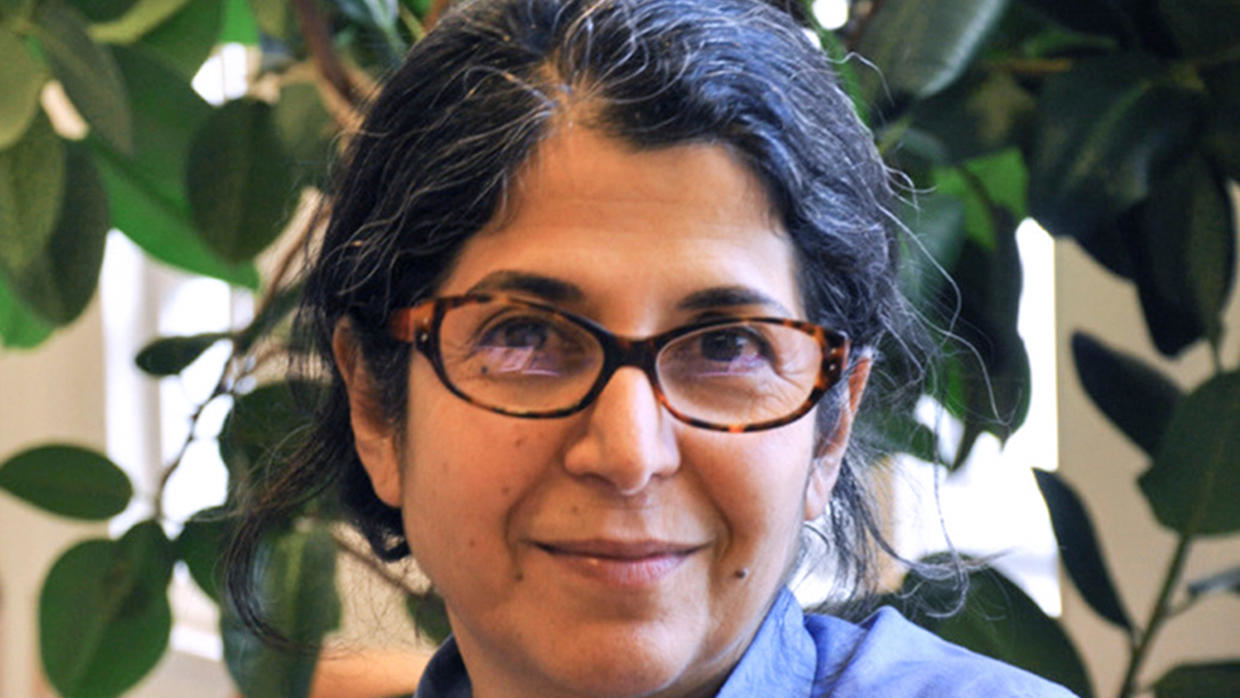
French-Iranian academic Fariba Adelkhah, jailed in Iran since last year, has been transferred to a prison hospital after her health deteriorated following a hunger strike, her lawyer said Tuesday.

Women empowerment is high on the agenda for both government and business sectors worldwide. We speak to Veronica Vazeri, who empowers

Brazil's education minister has been ridiculed on social media for making a spelling mistake on Twitter.











